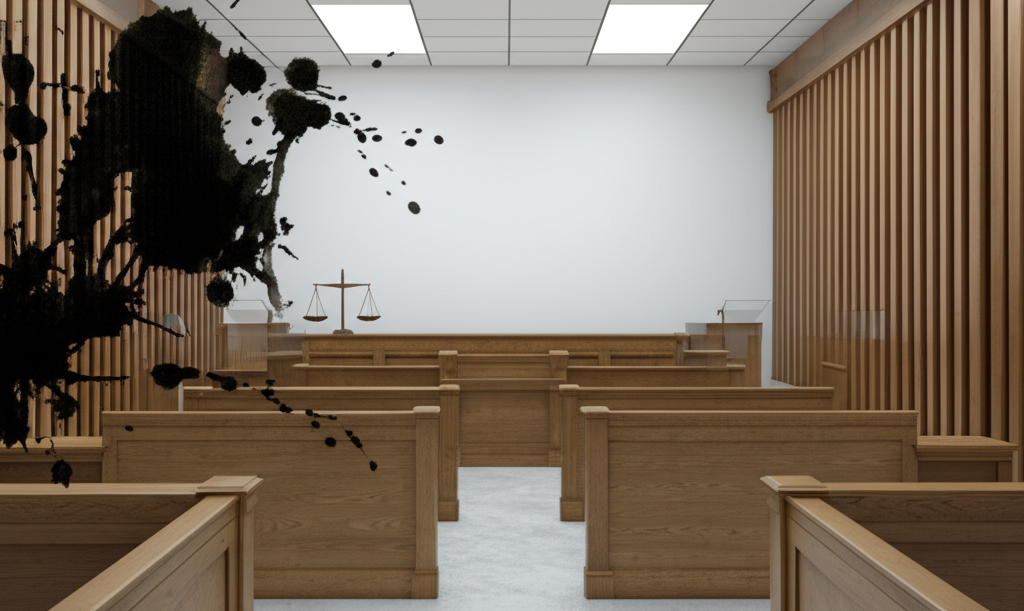In a move that’s turning heads, Peter Obi, the Labour Party’s presidential candidate, has stepped in to bail out human rights activist Dele Farotimi. This isn’t just a simple act of solidarity; it’s a bold statement about the state of Nigeria’s legal system. Obi isn’t holding back, and his actions are sending ripples through the nation. This article will break down the key points of this unfolding drama and the broader issues it brings to light.
Here’s a quick rundown of what we’ll cover:
- Peter Obi’s Intervention: Why he stood as surety for Dele Farotimi.
- Legal System Critique: Obi’s criticism of the Nigerian legal system’s inequalities.
- Farotimi’s Case: The charges against the activist and the legal hurdles.
- Chicken Theft Case: The stark contrast between justice for the rich and the poor.
- Call for Reform: What needs to change in Nigeria’s legal framework.
Obi Steps Up for Farotimi
Peter Obi, known for his vocal stance on social justice, didn’t hesitate to act when human rights activist Dele Farotimi faced legal troubles. Farotimi, a well-known critic of the Nigerian government and legal system, was arrested and charged with defaming a senior advocate of Nigeria (SAN), Afe Babalola. Obi, deeply concerned about the case, offered to be one of the two sureties required for Farotimi’s bail. This move shows Obi’s commitment to due process and his willingness to put his reputation on the line for what he believes is right.
Nigeria’s Legal System Under Fire
Obi didn’t mince words when discussing the Nigerian legal system. He highlighted a disturbing contrast: those who speak out are often criminalized, while those who embezzle public funds are often celebrated. Obi pointed out that the justice system seems to favor the wealthy and powerful, while ordinary citizens get caught in a harsh and unforgiving web. Obi’s criticism isn’t just rhetoric; it’s a call to action for a more equitable and fair justice system.
The Case of Dele Farotimi
Dele Farotimi’s legal woes stem from a book he wrote that allegedly defamed Afe Babalola, a Senior Advocate of Nigeria (SAN). Farotimi is facing two separate court cases, one for defamation and another for cybercrime. The charges have drawn criticism from human rights groups, who view them as an attempt to suppress dissent. The court granted Farotimi bail for 30 million Naira, with the condition to surrender his passport and to avoid media interviews during the case.
Chicken Theft vs. Corruption: A Stark Contrast
Obi also brought up the case of a Nigerian who was sentenced to death for stealing a chicken, a sentence that was later commuted to 14 years in prison. He pointed to the fact that this man had already been incarcerated for 14 years for a minor crime, while corrupt politicians and officials often walk free. This is another glaring example of the deep-seated inequalities that plague the Nigerian legal system. This is especially alarming given that, according to the Nigerian Penal Code, stealing a chicken may not even warrant a jail term, depending on the circumstances and value. However, petty theft cases often lead to harsher sentences, particularly for those who are not wealthy or well-connected.
Governor Adeleke’s Intervention
In a rare positive note, Obi commended Governor Ademola Adeleke of Osun State for his intervention in the chicken theft case. Adeleke ordered a full investigation into the case and initiated steps to grant the convict mercy. This is not the first time a state governor has intervened in similar matters, and it underscores the impact that even a small dose of attention to the poor and vulnerable can have. It also highlights the disconnect between what the law says and what actually happens in practice.
What Needs to Change?
It’s clear that Nigeria’s legal system is in dire need of reform. Here are a few things that could make a big difference:
- Fairness and Equality: The legal system needs to be more equal, treating all citizens with fairness, regardless of their social or economic status.
- Swift Justice: The slow pace of trials often means that accused persons remain in detention for extended periods of time, which can be an injustice in itself. The system needs to address this issue and speed up case hearings.
- Accountability: Corrupt officials should be held to the same standard as everyone else.
- Transparency: The public needs to be informed about how the justice system works, to ensure that the law is properly enforced.
Peter Obi’s actions and statements have ignited a crucial conversation about Nigeria’s legal system. The hope is that this will serve as a catalyst for real change, where the scales of justice are balanced and the law truly serves all citizens.
Stay tuned as we continue to follow this developing story.





